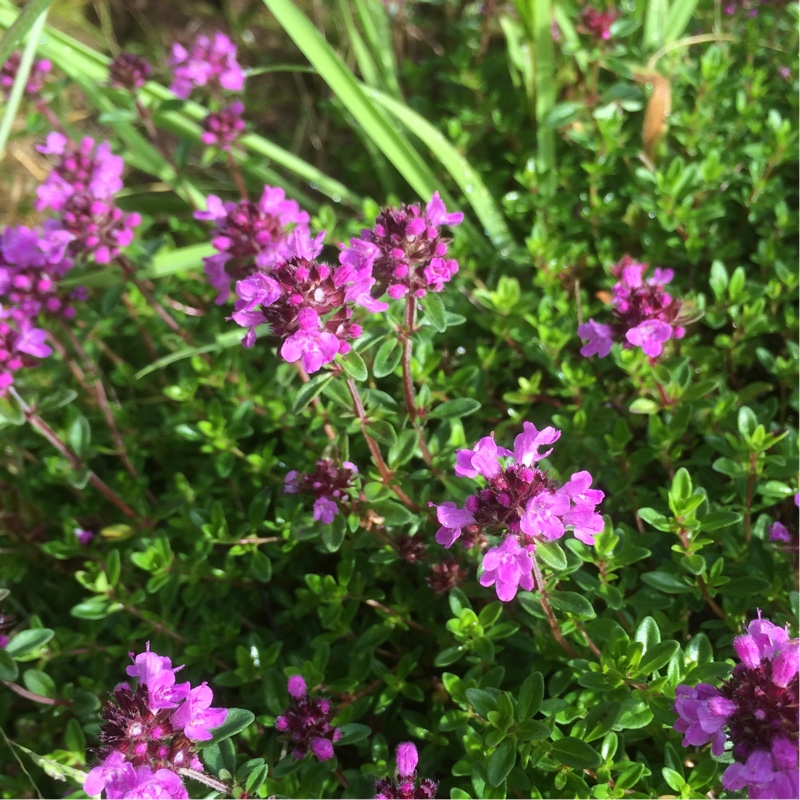
Thymus Pulegioides 'Kurt'
Creeping Lemon Thyme
Thyme is a culinary, medicinal and ornamental herb. The small, pungent leaves can be used in stuffings, usually with other herbs, and for flavouring many meat dishes. Thyme is easy to grow. 'Kurt' is a vigorous thyme with large, lemon scented leaves, and pink flowers:
Contributed by @tiggrx
-
Full sun to partial shade
-
Very little water
-
Frost Hardy: 23F (-5°C)
-
Free draining
Common name
Creeping Lemon Thyme
Latin name
Thymus Pulegioides 'Kurt'
type
Herb
family
Lamiaceae
ph
4.5 - 8.0 Acid - Neutral
Plant & bloom calendar
-
Best time to plant
-
When the plant will bloom
-
When to harvest
full grown dimensions
 0.35 M
0.15 M
0.35 M
0.15 M
Thymus Pulegioides 'Kurt'
Thyme is a culinary, medicinal and ornamental herb. The small, pungent leaves can be used in stuffings, usually with other herbs, and for flavouring many meat dishes. Thyme is easy to grow. 'Kurt' is a vigorous thyme with large, lemon scented leaves, and pink flowers:
Propagating by seed
From Early Spring TO Mid Spring
To grow thyme from seed, sow into small pots (5cm diameter) in potting compost in early Spring, indoors, or in a greenhouse. Cover with a very thin layer of potting compost and keep the pots warm. Seedlings should emerge within a week. Thin to 2-3 seedlings and keep the compost moist.
Propagating by cuttings
From Late Spring TO Early Summer
Propagating thyme by cuttings is very easy - you can really just break a piece of and stick it in the soil, and chances are it will grow! The proper way is to take several cuttings 3"-4".Remove the leaves from the lower 2", and place the cuttings around the edge of a pot of compost. Water.
Flowering
From Early Summer TO Late Summer
Thyme flowers through the Summer months.
Planting
From Mid Spring TO Early Summer
Plant out seedlings or cuttings grown indoors, into well-draining soil. Space about 6" apart. Water well when first planted, and thereafter water only when the soil is dry











